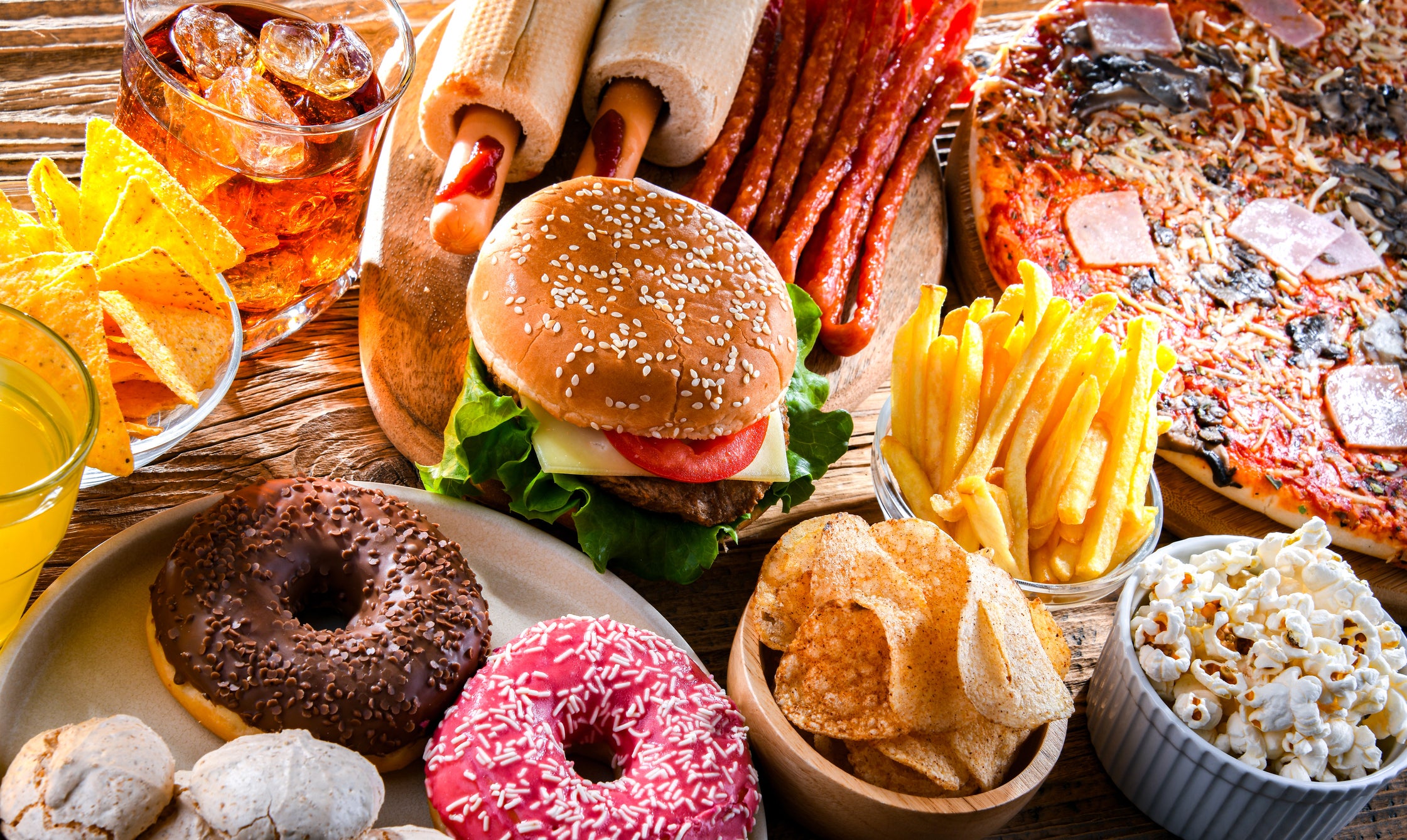
Title: The Deadly Impact of Ultra-Processed Foods on Health and Longevity
Lead: A new body of research reveals the alarming link between ultra-processed foods and increased risk of mortality, particularly in children. This article explores the facts, topics, and unique findings from various sources to provide a comprehensive understanding of this issue.
Fact 1: Ultra-processed Foods Linked to Early Death A study led by researchers at Harvard T.H. Chan School of Public Health found that high intake of ultra-processed foods may increase the risk of early death, particularly for processed meats, sugary breakfast foods, and sugar- or artificially sweetened beverages.
Fact 2: Ultra-Processed Foods and Cardiometabolic Risk in Children A study published in JAMA Network Open found that children who consume high amounts of ultraprocessed foods may be at greater risk for cardiometabolic problems, such as heart attack, stroke, and diabetes.
Fact 3: Minimally Processed Foods as Part of a Healthy Diet Registered dietitian Samantha Cassetty emphasizes that some processed foods are part of a healthy diet. Examples include frozen blueberries, packaged salad, protein pasta made with chickpeas, roasted nuts and nut butter, canned tuna or other canned fish, and frozen or canned fruits and vegetables.
Topic 1: Ultra-Processed Foods Ultra-processed foods are defined as anything that is frozen, canned, cooked, dried or packaged. They often contain ingredients 'never or rarely used in kitchens' or classes of additives whose function is to make the final product palatable or more appealing.
Topic 2: Cardiometabolic Problems Cardiometabolic problems include heart attack, stroke, and diabetes. The new research suggests that children who consume high amounts of ultraprocessed foods may be at greater risk for these conditions in adulthood.
Topic 3: Healthy Diet A healthy diet includes unprocessed or minimally processed foods such as fruits and vegetables, frozen vegetables, plain yogurt, milk, natural meat and seafood. Processed culinary ingredients like oils, butter, sugars and salt are also part of a healthy diet.
Background Information: Ultraprocessed foods have been linked to various health issues. They are often high in added sugars, sodium, saturated and trans fats. Consuming these foods regularly can lead to obesity, type 2 diabetes, heart disease, and certain types of cancer.
Conclusion: The evidence is clear: ultra-processed foods pose a significant risk to our health and longevity. By being aware of the facts and making informed choices about the foods we consume, we can take steps to reduce our intake of these harmful products and improve our overall wellbeing.







